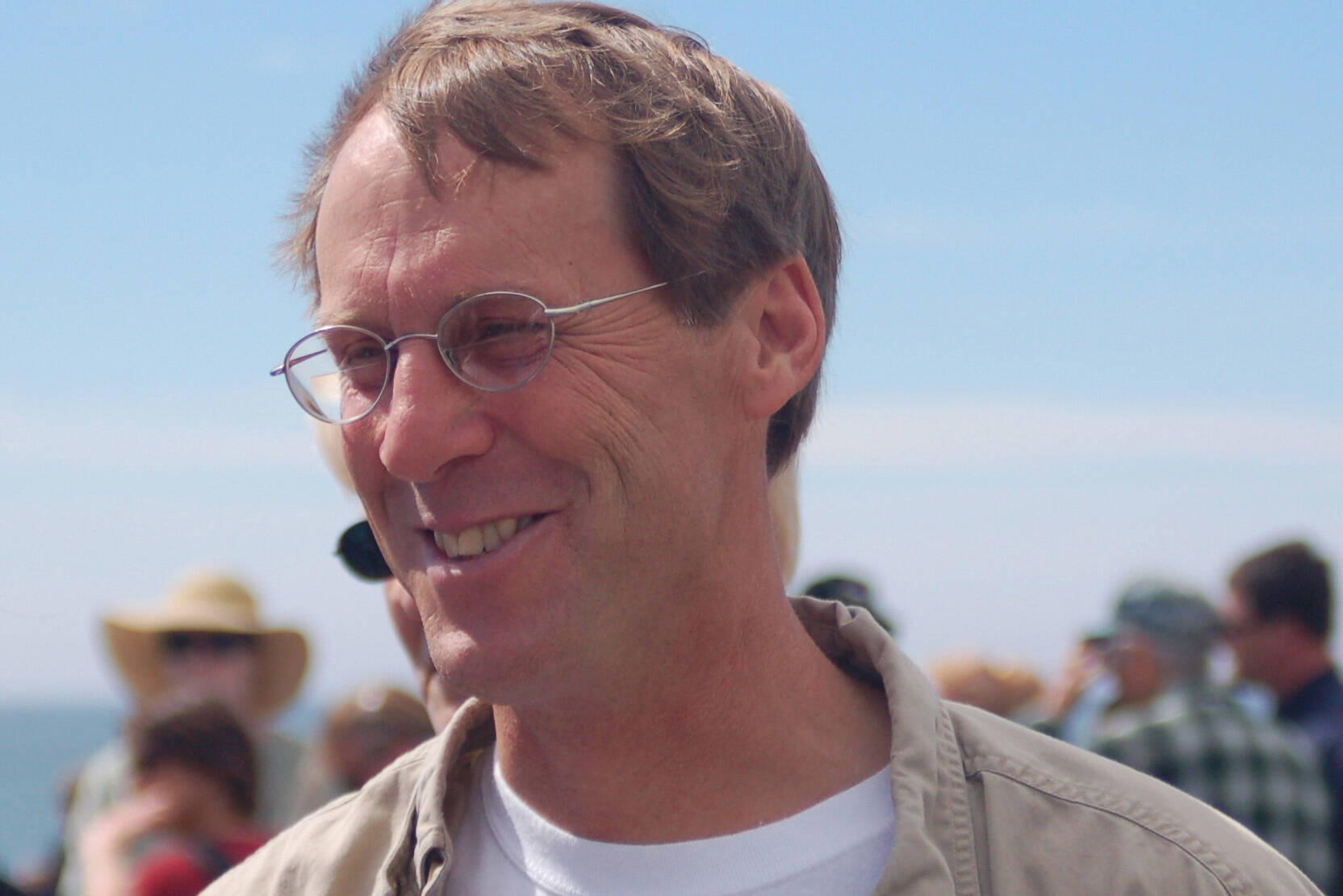It’s one thing for a partisan stakeholder to have a point of view printed in a newspaper, but when a newspaper editorial board does the same, we need to hold them to a higher standard of understanding and accuracy.
The other day the Anchorage Daily News editorial board followed up a series of articles about king salmon troubles in Alaska with their own plea for science to “really” step in and do something. And at the same time they seem to elevate the importance of cultural practices into a premier trump card position. It’s out of balance and out of step.
You would have to be far removed from all scientific fisheries news to be unaware of how much time and effort is poured into the study and rejuvenation of king salmon stocks in North America. In the meantime, British Columbia hatcheries are doing their part to keep Alaskans and tourists provided with a steady supply of king salmon to catch year round along our coastal waters. Yet we have many who argue against hatcheries. How do you balance that?
In Alaska, our constitution spells out the obligation to manage fish stocks for the benefit of the people — not a particular subset of people. It’s a balancing act on many levels. Not just cultural.
If peoples’ reliance on Yukon salmon is important, then maybe we also should listen to the Canadians grumble about Alaska intercept of king salmon headed to spawn in Canadian waters of that river.
People do some pretty awful things to king salmon stocks. It is widely understood that catch and release of kings in their natal rivers robs them of so much energy that their chances of spawning are hugely reduced. For some reason we still allow it on the Kenai River, yet pretend that king salmon will make a comeback because we closed everything else.
We also allow bycatch of an enormous amount of king salmon in the Bering Sea federal trawl fishery. We do that because the offshore dragger fleet was smart enough to get the Native coastal Community Development Quota (CDQ) groups to buy into the federal fishery vessels. So while upriver residents scream about king bycatch, the downriver Native corporations can’t quite bring themselves to support serious bycatch limits because it would cost them “money.” We can’t even mandate observer coverage on the Pacific Gulf trawler fleet, so we have zero idea of their impact on king salmon or halibut stocks.
The irony of our situation on the federal council is that Alaska has a majority of the seats. We should never have to lose over things like this. When it comes to a bycatch showdown over king salmon, our Native CDQ groups, who have lots of influence over council seat selections, might turn out to be one our worst enemies.
If the ADN wants to be candid about how we are shooting ourselves in the foot while aiming to protect kings, consider that we are indiscriminately decimating them with trawls on the high seas while harvesting crappy seafood for fish sticks — and for sport we float down rivers gleefully yanking hooks out of their mouths and fully exhausting their libido while en route to the only reproductive experience of their entire lives. And we need science to figure out why this is bad??
Mike Heimbuch is a lifelong Alaska resident living in Homer and a member of the Board of Fish. The views here are his own and not those of the Board of Fish.

